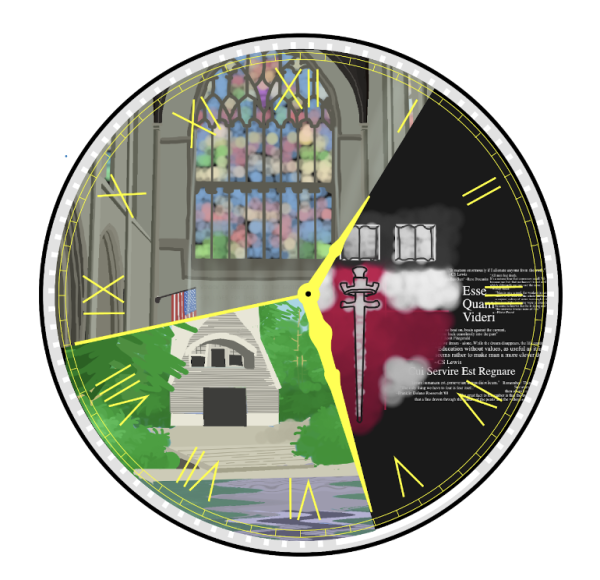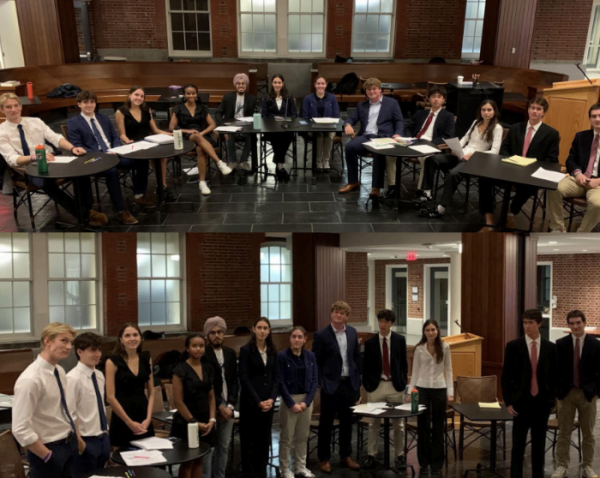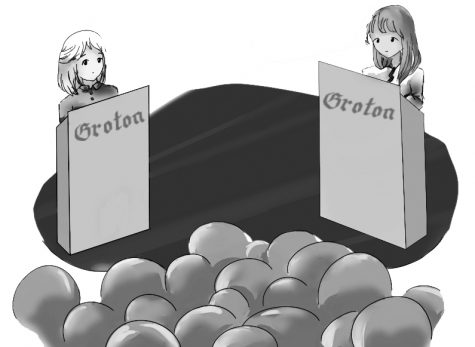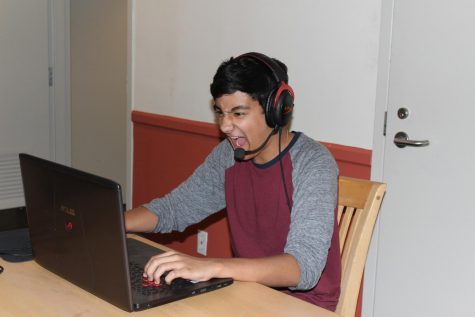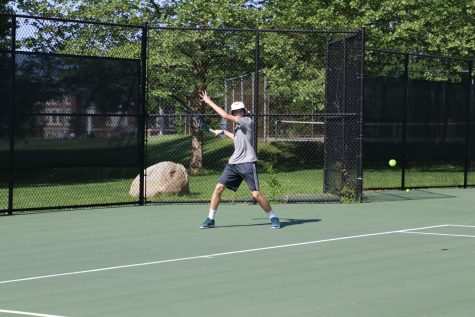Servire in Summer: Community Service Grants
Groton’s motto, Cui servire est regnare, is live and well during the year – planned days of service, weekly food pantry trips and other opportunities ensure that much. Some students, however, go further and pursue grants to support summer service projects. Four students were awarded monetary grants to aid in summer community service this past summer. From Armenia to Costa Rica, the locations of these students’ work were as varied as their projects.
One such grant is the Groton Opportunity for Leadership Development (G.O.L.D.) grant. Students from all forms are eligible for this grant, with a maximum prize of $1,000. Last year’s grant was given to Alex Kogler ’19 to assist in investigating and spreading awareness of domestic abuse in Armenia. She said that the grant appealed to her largely because of its flexibility – she saw the grant as an “opportunity” to dig into an important issue with “no boundaries” limiting her choice of project.
Alex used the money she received to cover flight expenses, lodging and food during her two-week stay in Yerevan, the nation’s capital. Two women’s centers, the Women’s Support Center and the Women’s Resource Center, allowed her to interview their employees. She said that the experience lent her insight into the fates of Armenian women as well as an appreciation of other aspects of Armenian culture – by the end, Alex said, she could “share the pride and joy” Armenians have for their country (although she noted that such pride was “shaped by overcoming years of oppression”).
The importance of international travel was not recognized in Alex’s grant alone. Another current fifth former, Sandra Redjali ’19, received a grant from the John Endicott Lawrence Global Issues Scholars Fund. This prize is awarded not by Groton but by the Humane Society of the Commonwealth of Massachusetts – discrete from the better-known Humane Society of the United States. This grant requires recipients to devote at least three weeks to work in a country other than the United States.
Sandra used the money she received to cover transportation and lodging for her four-week stay in Costa Rica, where she assisted a research study investigating how to improve conservation efforts. “The decline in pollinators is one of the most pressing conservation issues at the moment,” Sandra said. She decided to join a research study on pollinators’ effects in Monteverde – Costa Rica’s cloud forest – and the Osa Peninsula. She aided a local professor by collecting different plants and pollinators to determine which, if any, could survive climate change and aid in restoring deforested areas.
The Parents’ Independent School Network (PIN) Grant, like the Lawrence Grant, is not awarded by the school. Rather, PIN is a volunteer organization of parents with children at New-England-area independent schools, which offers grants to eligible high school students. While these grants are flexible in respect to service project and time, they must be used for the continuation of an ongoing community service project. This year, a grant was awarded to Marianne Lu ’19, who used the money to buy equipment for a sports program at The Dandelion School, the only school near Beijing that teaches low-income migrant children.
Marianne had visited schools in China’s Yunnan province the winter before and taught a sports curriculum. Basic social services such as healthcare are often unavailable to rural children, Marianne said. She saw that Chinese education was “solely classroom based,” and she hoped that her efforts would help students “learn to enjoy sports and outdoor activities, recognize its positive impacts on learning, and also improve on general fitness.”
The Eleanor C. and George H.P. Dwight 1945 Internship Fund, established for Groton students in memory of alumnus Mr. Dwight, supports a student’s internship at a social service organization that focuses on urban areas. Rohan Varkey ’18 was awarded this grant to work with the Montford Community Development Society’s old-age home in the Indian city of Chennai.
Rohan, who had spent two terms working with Groton Community Engagement’s Music and Memory program, is familiar with the American nursing home. He expected there to be differences, however; he said that “there is a much bigger stigma against sending your parents to old-age homes” in India. His goal was to “examine how the old-age home works” in order to “better see the differences between it and American homes,” and write about his findings, which he hopes will increase funding in Indian homes.
He found that Indian old-age homes had a “strong religious bias,” and were almost like American daycares in that residents were picked up by their children after work. There were similarities, however – Rohan said that there were “not many options for the middle class,” but that Indian nursing homes maintained a “high level of medical care.”



